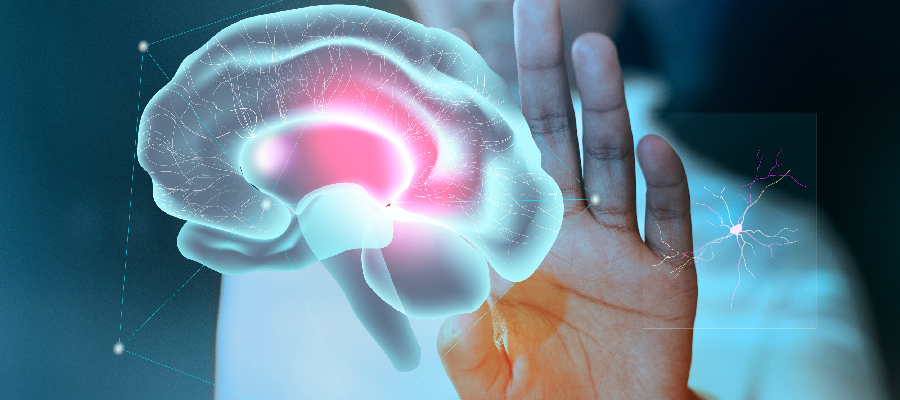BrainQ, an Israel-based startup that is developing technology for stroke therapy recently closed its funding round by raising $40 million. Hanaco Ventures was the lead investor. Dexcel Pharma, Peregrine Ventures, and some of the company's existing investors also participated. With this latest round of funding, BrainQ has raised a total of $50 million.
More About BrainQ's Technology
BrainQ’s has created a non-invasive portable device that connects to the cloud. The device utilizes artificial intelligence to deliver electromagnetic field therapy to patients that have suffered a stroke. According to the company, the device's electromagnetic therapy stimulates neurological recovery in the central nervous system. The therapy mimics the brain's natural neural network synchronization. The device can also integrate with telemedicine devices, combined with its ability to connect to the cloud, makes it possible for remotely monitored therapy treatments to be given to patients via BrainQ companion app.
It is estimated that over 800,000 people suffer a stroke every year in the United States. Nearly 50% of stroke patients that survive suffer from a chronic disability[1]. BrainQ aims to reduce the long-term burdens and challenges of people with neuro disabilities, like stroke survivors.
See also: 3 Ways Tech is Helping Improve Mental Health
FDA Breakthrough Device Designation
In February this year, BrainQ's device was given a Breakthrough Device Designation by the FDA in the united states. This is a designation given by the FDA to new devices that could potentially provide more effective treatment or better diagnosis for life-threatening diseases or conditions. In a statement CEO and Co-founder of BrainQ, Yotam Descher said, "We've seen great advancements in increasing stroke survival rates, but it remains the leading cause of long-term disability. With new funding and strong research partners, we're entering our pivotal study aimed at significantly increasing the window of opportunity for reducing disability and enhancing recovery potential."
Other Companies in the Space
There are a few other companies that are also working on devices and treatments for neurological disabilities. Some of these companies are listed below:
- MedRhythms: The company is making use of auditory stimulation for treatments
- MindRhythm: They have created a product called Harmony that allows emergency responders to identify Large Vessel Occlusion (LVO) storkes. This makes it easier for them to triage patients and ensure they get the right treatment at the hospital
- Viz.ai: This company has built a platform that uses artificial intelligence to review CT scans and detect suspected LVOs. If a LVO is identified the platform will inform the appropriate staff to triage the patient and start treatment
Subscribe to Whitepapers.online to learn about the latest tech start-ups.
Featured image: Woman photo created by rawpixel.com - www.freepik.com
Source:
1. Nov. 2018, Eric S. Donkor, "Stroke in the 21st Century: A Snapshot of the Burden, Epidemiology, and Quality of Life", Stroke Research and Treatment, [available online] available from: https://www.ncbi.nlm.nih.gov/pmc/articles/PMC6288566/ [accessed August 21]

